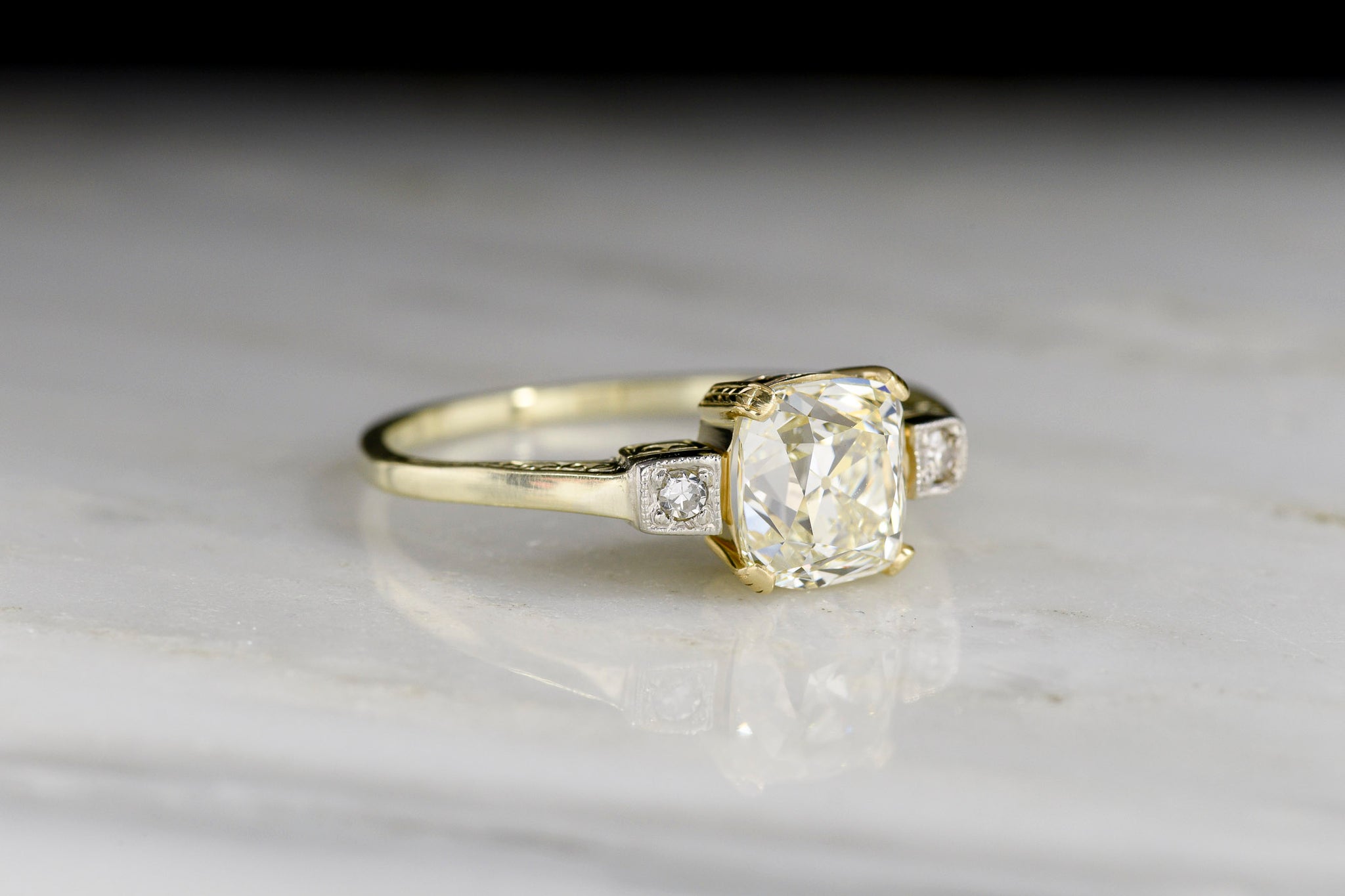
Essential oils are the volatile essence of plants that produce unique, wafting fragrances, and are used for a variety of purposes. They are easily extracted from a plant’s flower, bark, stem, leaves, roots, and fruits. These ancient oils are complex blends often consisting of sixty types of different substances, and while some are beneficial for the skin, others are not. The volatile fragrant part of the plant makes the essential oil troublesome for the skin, but it is also beneficial. The essential oil plays a contradictory role, it is good to smell, but sometimes not soothing for the skin. Many companies affirm that essential oils are utilized for thousands of years, and they are also beneficial for the skin. But according to modern studies and science, fragrant oils tend to create harm to the skin. The brutal truth is that there is no best essential oil for the skin, it usually depends on your skin type and how you use them.
How Essential Oil Can Be Harmful for The Skin:
Many components of the essential oils are beneficial for the skin. For example- there are rich sources of potent oxidants like caffeic acid and Rosmarinic acid. Other ingredients contain antibacterial properties to protect against visible skin problems related to fungi, yeast, and other tropical factors that are a troublemaker. Some essential oils can be used for acne-prone skin, such as rosemary, lemongrass, thyme, cinnamon, citronella, and tea tree oils. They are effective but can irritate the skin. Essential oils promise to work on blemishes, wrinkles, brown spots in comparison to those non-fragrant plant extracts and vitamins that have no risk of producing skin troubles. Make sure that you understand how they can be harmful as well as beneficial for the skin.
The Best Essential Oils for skin:
There is no particular oil that is best for the skin, but you can find one that works well for your skin type and needs. The problem is to one degree or the other, all oils create risks when applied to the skin. Many types of research show a certain amount, for example, 0.1% of these oils are non-irritating but this research does not take into account the fact that many skincare products add up to a higher risk of irritability than what research has highlighted is acceptable. The other fact is that skin functions well in hiding the problems when it is agitated, so even if you don’t see any sign, the damage takes place beneath the surface of the skin.
Avoid Fragrant Oils:
Using fragranced essential oils for skin concern is not a good idea because many of them create damage to the skin more than they play any advantage. All of the citrus oils, including lemon, lime, tangerine, grapefruit, mandarin, and bergamot are a giant troublesome oil for the skin, if they are used undiluted and not carefully. The other oil that is extremely problematic is mint oils such as peppermint, pennyroyal, and balm mint. Also, it is advisable to avoid camphor oil which is a strong irritant. Oils like lavender and rose that are derived from flowers are also not soothing for the skin. These two oils contain substances that are problematic and fragrant.
Here is a list of fragrant oils to avoid applying topically. These pop up in a huge number in the label of skin-care products, including those that contain essential oils for aging skin and essential oils for dry skin, the list is as follows: clary sage, eucalyptus oil, ginger, jasmine, lemongrass, neroli, oregano, patchouli, rosemary, sage, sandalwood, ylang-ylang.
Essential Oils Recommended: It is recommended to avoid any skincare product that eludes fragrant plant oils and extracts. The only criteria to pay attention to are ingredients that are there for fragrance. The best essential oils are those that you don’t use on the skin, but they can be beneficial for aromatherapeutic benefits in other ways. Young Living has some of the best essential oils you can use for aromatherapy.





More Stories
Ruching Equals an Awesome Style Option For Fuller Figures
Fashion Belts For Women – The Right Ways to Wear a Belt Without Looking Fat
High Heels – The Power And The Glory